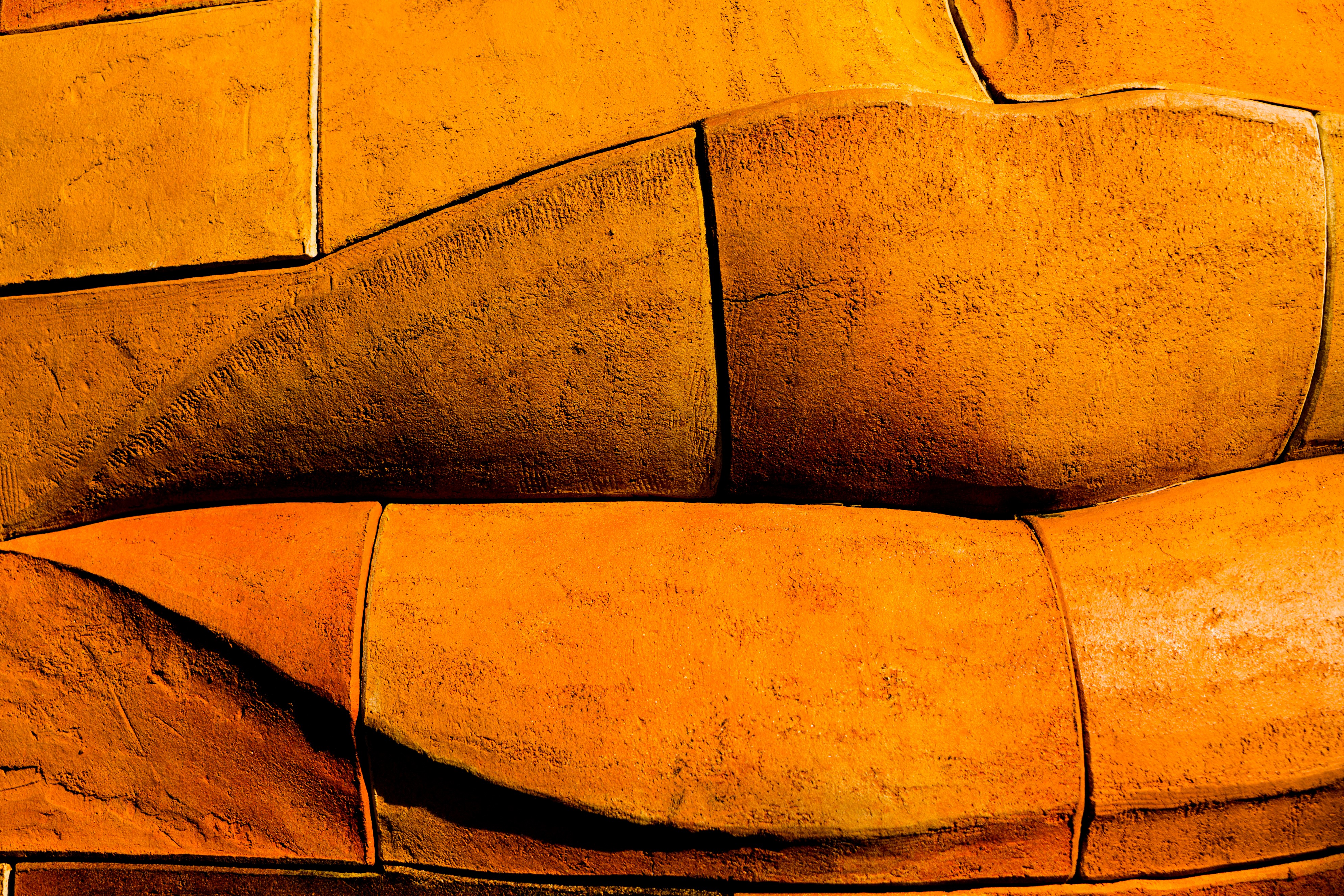Shaun Ilahi uses art to tell overlooked stories, spark connections

Shaun Ilahi is not like most people. As a lawyer in the general counsel in Omaha for Habitat for Humanities, he helps with affordable housing construction and provides support and services to underserved areas. But Ilahi is also a budding artist, striving to redefine what society defines as beauty.
The Wisconsin native completed his undergraduate degree in Brooklyn, New York, and discovered his love for travel and finding beauty in things around him that others don’t see.
Ilahi will showcase his art exhibit titled “R A W / B E A U T Y,” which is broken into three segments that explore universal themes of human feelings, perceptions and concepts that defy social constructs. Ilahi uses a selection of mixed media artworks, using mostly photography with painting and written words. Ilahi’s exhibit will be displayed on Nebraska Innovation Campus beginning Tuesday, March 5, and will be free to the public. Ilahi spoke on the phone with The Daily Nebraskan about his exhibit and his dedication to art.
The Daily Nebraskan: How did you first get into art?
Shaun Ilahi: I've always been into art. I like the concept of storytelling. The idea of telling stories in different mediums and being a lawyer, you know, you're advocating for people. My job is giving people voices that don't really have a seat at the table. I can tell stories, I use photography as a way to provide a story, I sometimes write and I've used oils in the past. There's all the different mediums that make people feel and make them tell stories. So, that's kind of how I got into it. Sometimes, when you’re a kid and you can't articulate, you hope you got something out of that process. Sometimes you can't. You don't know what the answer is; it just comes out. Usually to me, that would come out through all different mediums; the side effects, spoken words would be more pure.
DN: Is it a struggle to balance art and an actual job?
Ilahi: I wouldn't say it's a struggle. I would say that there's a balance. Sometimes at work, you can’t be creative. But suppose you don't get the creativity, and so stick that out through other means, whether that is exercising or doing other things with your heart that you're passionate about. So, for me, I do art and so it kind of helped me be frank in some parts to give me a different perspective of things. I think it's a healthy balance, at least for me to do. For other people, it might be different.
DN: Where do you get your inspiration?
Ilahi: For me, music a little bit, and I go enjoy what's in front of me to be seen that no others have. That's kind of the inspiration, and also when you’re able to connect with people better. Something you created, you know others get something different out of it. It’s the same thing on how to make people feel. I think, for me, there's a desperation, given the feeling, and usually a lot of people see something different. They fear that sense of connecting things when you're able to connect through a different medium. That inspires me. We're all being the eye of the beholder. Just put yourself out there and be vulnerable.
DN: What do you like most about your work?
Ilahi: I’m not a big self-promoter, but you get to learn stuff about you and about the environment around you. When you put yourself out there and other people have the same conversation, that’s kind of what I enjoy about it. It doesn’t belong to me anymore; it’s all about what they can take out of it. If they take something out of it, that’s good. If they don’t, that’s fine, too. But it's kind of a different thing to me, to the world. People can just take whatever they want from it.
DN: What projects are you working on for the future?
Ilahi: I think my sense of style is part of my belief, and focusing on identity is going to be next. Discussing what it means to be an American and bringing culture so our kids and people become more aware of its information and often can be expressed visually. I guess Lincoln doesn't disturb people from different countries and different states. We all look at different things in a different uniqueness, but at the end of the day, people do feel pain, people do feel joy, people do feel sorrow at different levels. So, we just connect to other humans. The first part of my plan, I'll be trying to tear down those walls because deep down, we are all human, and we are all the same.
by: Tessa Wiser, The Daily Nebraskan
